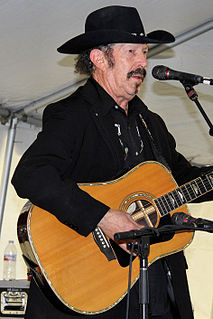A Quote by Julia Glass
A fine memoir is to a fine novel as a well-wrought blanket is to a fancifully embroidered patchwork quilt. The memoir, a logical creation, dissects and dignifies reality. Fiction, wholly extravagant, magnifies it and gives it moral shape. Fiction has no practical purpose. Fiction, after all, is art.
Related Quotes
Going from memoir to fiction was fantastic. I had been afraid to move away from memoir; I'd written some novel drafts, but they weren't well received by my agent at the time, and it had been drilled into me that "memoir outsells fiction two to one" (not sure if that's true anymore, or if it ever was), so I felt like the only smart thing to do, professionally, was to keep mining my life for painful moments to recapitulate.
Though I consider The Chronology of Water to be an anti-memoir for very precise reasons, it is an art form, and thus as open to "critique" as any other art form. Memoir has a form, formal strategies, issues of composition and craft, style, structure, all the elements of fiction or nonfiction or painting or music or what have you.
A fiction which is designed to inculcate an object wholly alien to the imagination sins against the first law of art; and if a writer of fiction narrow his scope to particulars so positive as polemical controversy in matters ecclesiastical, political or moral, his work may or may not be an able treatise, but it must be a very poor novel.
Writing fiction is not a profession that leaves one well-disposed toward reading fiction. One starts out loving books and stories, and then one becomes jaded and increasingly hard to please. I read less and less fiction these days, finding the buzz and the joy I used to get from fiction in ever stranger works of non-fiction, or poetry.







































